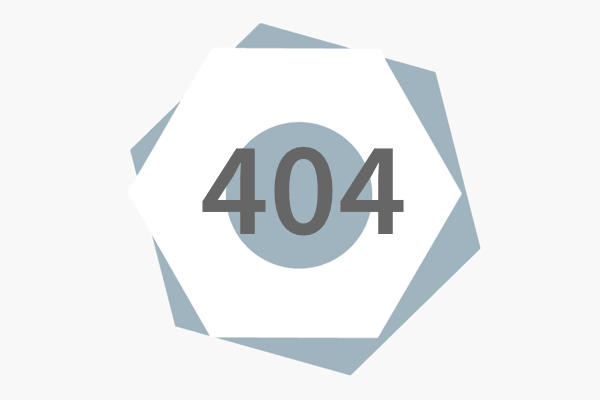Cantor Raises Debt Deal Demands
One day after being named to a presidential task force to negotiate deficit reduction, House Majority Leader Eric Cantor fired off a stark warning to Democrats that the GOP “will not grant their request for a debt limit increase” without major spending cuts or budget process reforms.
The Virginia Republican’s missive is a clear escalation in the long-running Washington spending war, with no less than the full faith and credit of the United States hanging in the balance.
In the most recent budget battle — over a six-month spending bill — Republican leaders carefully avoided threatening to shut down the government. Now, Cantor says he’s ready to plunge the nation into default if the GOP’s demands are not met. People close to Cantor say that he hopes to make clear that small concessions from Democrats, including President Barack Obama, will not be enough to deliver the GOP on a debt increase.
Democrats were quick to punch back.
“Congress will not permit the nation to default on its obligations because it would be beyond irresponsible to do so,” said Brian Fallon, a spokesman for Sen. Charles E. Schumer (D-N.Y.), in a statement to POLITICO. “Leader Cantor knows this, and should heed the many business leaders who are telling Republicans to stop playing games with the debt ceiling to gain political leverage.”
Republicans are floating a wide range of major structural reforms that could be attached to the debt limit vote, including statutory spending caps, a balanced budget amendment and a two-thirds vote requirement for tax increases and debt limit increases. Liberals want a “clean” vote to raise the $14.3 trillion borrowing limit.
Those in the center simply hope to find an accord that will prevent the nation from defaulting on its obligations and sending global markets into a tailspin.
The Treasury Department estimates the country will hit the debt ceiling between mid-May and July 8, and Democrats say it’s no time to play chicken with the standing of the nation’s credit — which has taken a hit already this week with Standard and Poor changing its outlook on U.S. debt from “stable” to “negative.”
Click here to read more.


